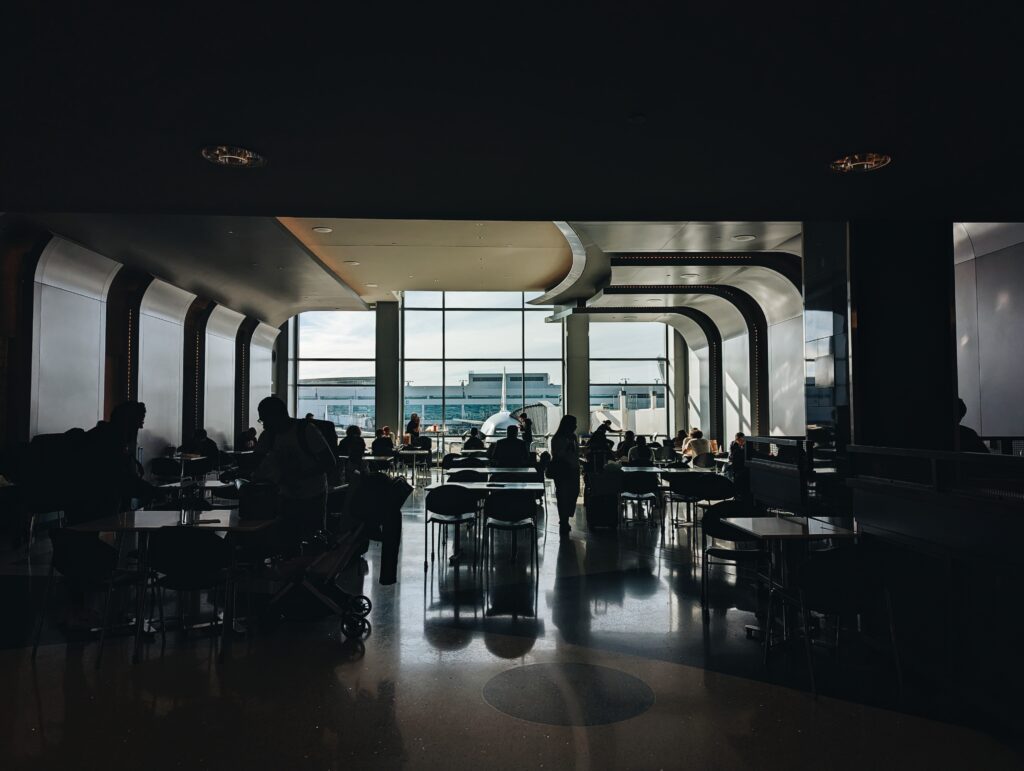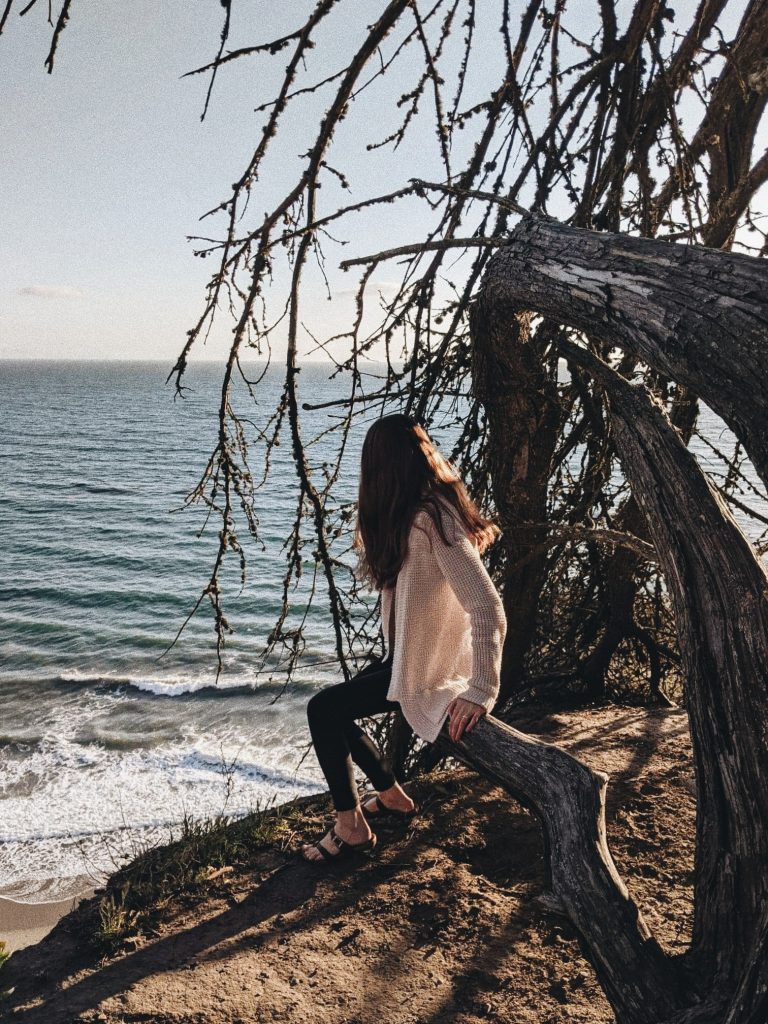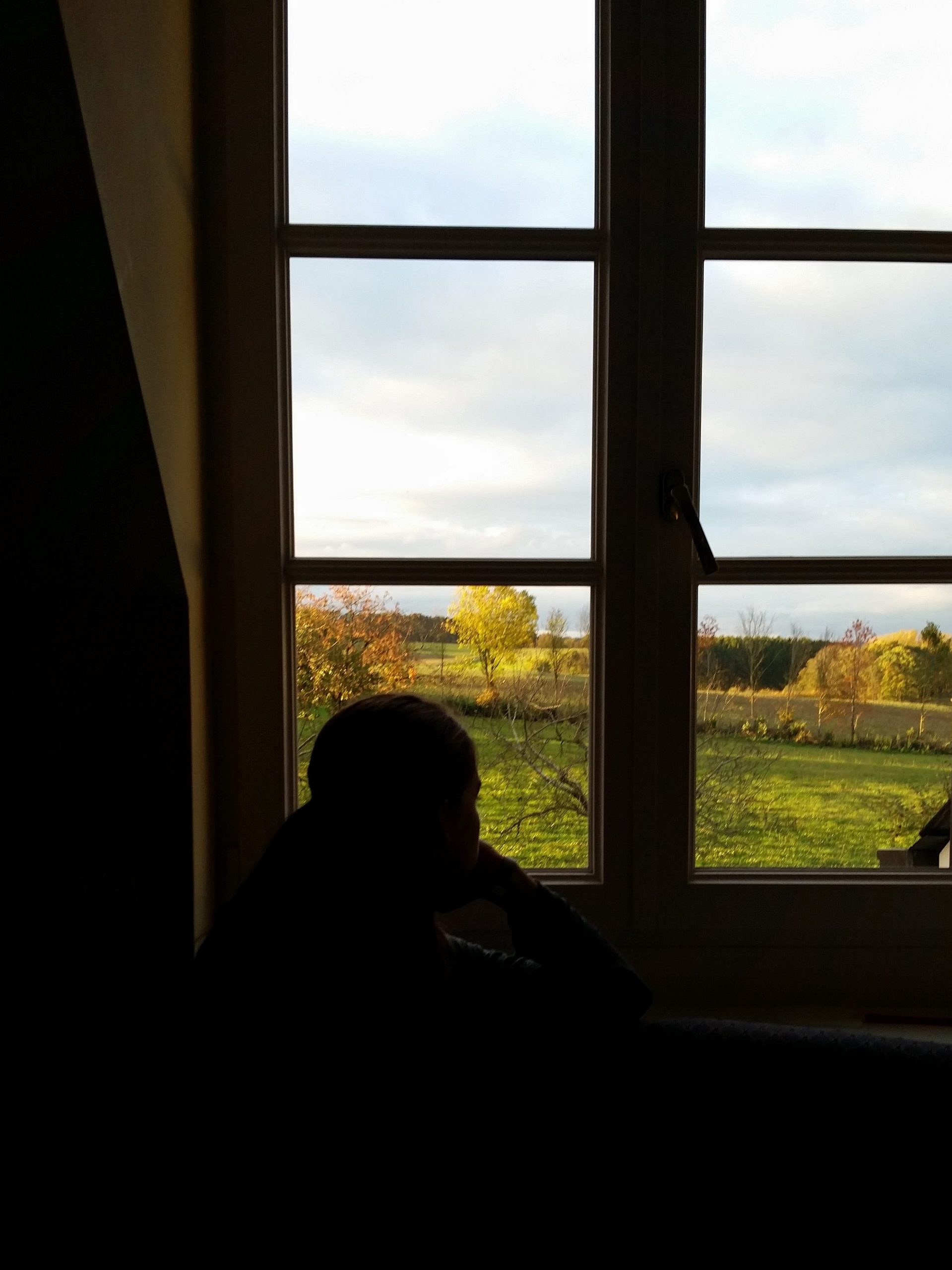I’ve been thinking about friendships and the shape they take in adulthood.
I’m trying to figure out how to describe the people I feel closest to even if we don’t live in the same state, not even the same coast. Despite the rabid miles that could drain the life out of a friendship, these people echo throughout my life as if they were in the next room.
It’s been said before, but we are not so separate from each other as we think. In all of our mundanity, there are others folding the laundry for the hundredth time, too. Doing the dishes, wondering what on earth to make for dinner, sitting at a desk finishing up a task at work, on and on. We are rocking our babies, loving our husbands, tidying up again, living our own lives, reaching out a hand across the distance to whisper, “hey, I see you, you aren’t alone.”
How to describe friendships like that?
The ones where you haven’t seen each other in years, but it’s like they never left?
The ones who deeply know you from the sister coast, state lines away, an occasional visit?
I feel their grief in my lungs, their joys like waking to the sun. How are they doing? How loud can I love them from so far away? Their love lands like a bird: the quick text message, the Christmas package wrapped in the most delicate blue ribbon, and after loss, the card and prayers like a candle in the night… all the ways we can say I’m thinking of you. I’m here for you.
As children, friendships are curated for us. Our parents’ friends and their children became our friends. That one family who joins the church suddenly become my best friends. Neighbors across the street. Pen pals and glittery gel pens, all the BFF’s scrawled at the bottom of notes. Our friends are mostly there because of proximity.
It’s when we become adults that we consider the idea of choosing friends for ourselves. Finding people who feel like home, who we consider family. It’s beautiful, the way people can instantly connect through similarities and find each other. How we can see someone and think, “I’d be friends with that person”.
But what happens when we change? When life inevitably gets busy and we aren’t able to offer ourselves up in the same way anymore? Or when grief strikes and the words come slow, when the very things that used to bind us together feel fragile and paper thin?
What happens then? Are we still able to offer up grace and understanding like we did when we were children? Can we still sit across from each other in all the discomfort and hold hands across the spaces between us? Or do we call it quits?
I’m quick to talk about how I don’t feel the need for community the way others do. I’m sure it’s partially personality, partially a deep, nameless ache that some friendships left on my heart, or the distinct feeling that I missed out on some very important guidebook on how normal people act. I often feel like an outsider peering into a strange land, feeling like an imposter, doing my best to master the accent, the subtleties of societal expectations, and just hoping I won’t get found out.
Despite this, I can’t shake the feeling I get when an old friend texts me and says, “I’ll be in the area, can we get together?”. It’s been years and we’ve barely spoken since then, but we go to the park just as it’s beginning to get dark, the stroller bouncing along loose gravel, our voices rising and falling as we catch each other up on what’s happened— the big things, the things that rest heavy on our shoulders, and the little in-betweens.
Or when a letter arrives on my doorstep that begins from last autumn and follows along months of life until spring. A window into a heart, friendship across miles.
I can’t shake what’s its like when grief cuts a cavern into a friend’s life and you can’t carry it for them, can’t lessen its weight, but you can show up again and again in tiny ways that will never feel sufficient. What it’s like to buoy someone’s frame even if just for a second, and how people have done that for me when I needed it most.
Our needs for community may differ, but we need people.
We need people to do life with, near and far, people to sacrifice for, ones who will face inconvenience just to show up at our door with a cup of coffee and a hug.
Friendship will look differently for different people, but whatever it is for you: that’s worth fighting for. That’s worth showing up for difficult conversations, embracing awkwardness, taking a deep breath when old pain reminds you of all the ways this could go wrong. Because what if it doesn’t?
We need people to be a reflection of God’s love when we ourselves lose sight. We need people to remind us of how far we’ve come. We need people to gently reveal our own gaps of knowledge, areas still under-construction, simply by how they live. And when our humanity collides with their own, we get the chance to hold up grace again and again, just like they’ve done for us.
Friendships as adults can feel like a labyrinth sometimes, an endless cycle of aligning schedules, fighting priorities, and the ebb and flow of life that changes us, but I’m learning that the hearts we call home are about much more than that.
What it comes down to, I think, is being in friendships who are also changing, who are also growing. It isn’t about being the same, but it is about the ones who hold space for proximity of heart, despite distance of body. People who see through all the layers we pile on and into the meaning of what we’re saying. People who know weariness. Who’ve sat where we are in their own experiences. Who are better than us. Who care about things. People who make us feel like we could curl up into the living room of their lives and sleep without fear of judgement, or needing an explanation. Who say, “come in, there’s more than enough room”.
We aren’t kids anymore. We probably no longer play with our neighbors or write letters in scrawling glittering gel pens (why did we stop?), but there’s something I hope we can rekindle from childhood: our ability to love just one more time, and the gift of being able to enjoy community with people who were perhaps nothing like us at all (because none of it mattered).
But this? Showing up in people’s lives and letting them show up for you? It will always be worth it.
“We’re all just walking each other home” / Ram Dass



